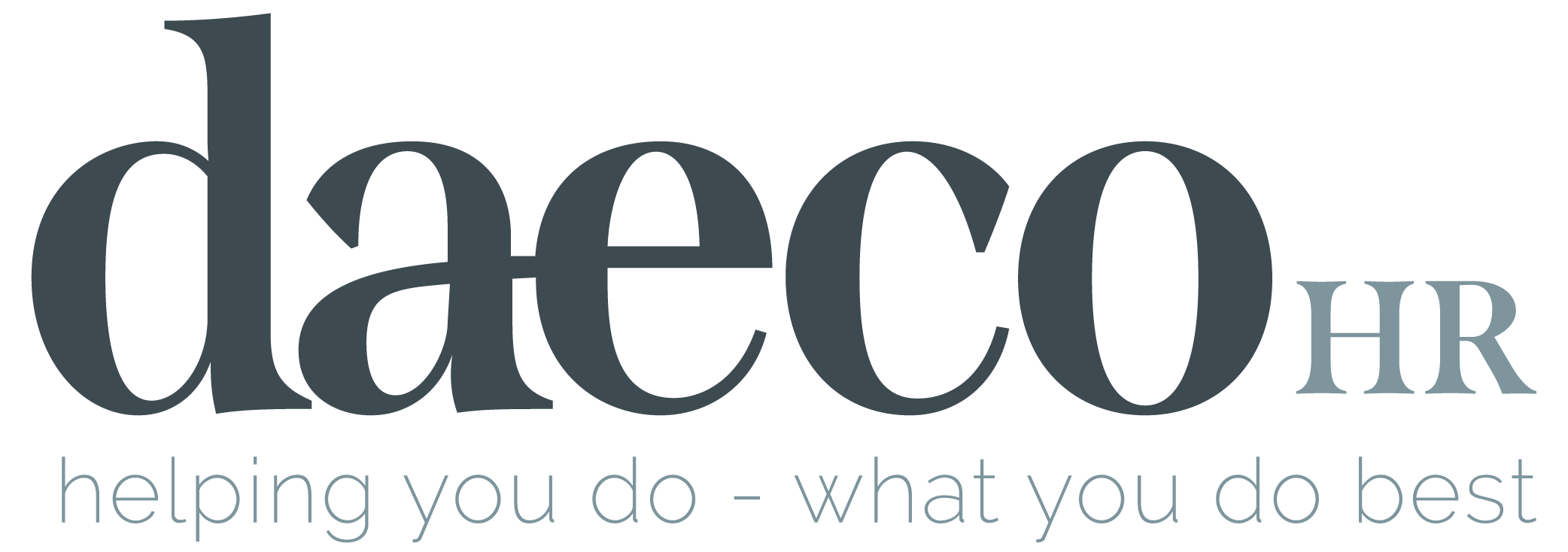In the ever-evolving landscape of the HR industry, the management of workplace dynamics has emerged as a critical focal point for organizational success. Within this space, there is an increasing recognition of the pivotal role played by positive feedback. Organizations are realizing that cultivating a culture of positive reinforcement not only elevates employee morale but also significantly contributes to heightened productivity and overall well-being.

The Importance of Positive Feedback.
Positive feedback acts as a powerful verbal reward mechanism, serving to reinforce desirable behaviours and encourage their repetition. Its influence extends beyond mere acknowledgment, playing a vital role in driving employee engagement, boosting productivity, and fostering a profound sense of confidence among team members. When employees are acknowledged and recognized for their achievements, it instills a sense of value, fostering a motivated and empowered workforce.
The Negative Effects of Neglecting Feedback.
Conversely, the absence of feedback, whether positive or negative, casts employees into a realm of uncertainty regarding their performance. This lack of guidance often prompts individuals to formulate their own interpretations, leading to potential misunderstandings during performance reviews. In the absence of constructive feedback, organizations find themselves grappling with the challenge of aligning their teams toward common goals, ultimately impeding overall progress and success.

Providing your workforce with positive feedback leads to better performance and better relationships at work.
Three Tips for Leaders Giving Positive Feedback.
- Be Specific and Provide Examples – Detailed and specific feedback holds a greater impact. Leaders are encouraged to pinpoint precise actions or accomplishments, offering tangible examples that enhance the effectiveness of positive reinforcement.
- Be Timely – Leaders play a critical role in providing timely feedback to their team members. It is essential to not postpone recognizing the achievements of their employees or addressing their concerns. When leaders provide immediate feedback, it helps to create a culture of transparency and trust. Timeliness ensures that the feedback is still relevant and actionable, and it allows team members to continue improving their performance.
- Don’t Overthink It – Feedback doesn’t have to be complex. A simple and effective feedback tool can involve asking employees three basic questions:
-What went well?
-What was challenging or tricky for them?
-What would they do differently if given another chance?
This straightforward approach to feedback ensures open communication and encourages employees to share their thoughts and ideas constructively and productively.
Daeco HR’s Role in Fostering Positive Feedback Culture.
Recognizing the critical role that positive feedback plays in organizational success, Daeco HR is your guide in this transformative journey. We place a strong emphasis on aligning performance management processes with your organization’s culture and values.
Daeco HR serves as a valuable partner in coaching leaders on navigating difficult conversations, including the intricacies of annual performance reviews. We provide strategic guidance and help you through the implementation. We ensure we create a culture of feedback that is woven into the fabric of your organization’s goals and objectives.
Nurturing a Culture of Excellence.
Fostering a workplace culture that prioritizes positive feedback is a powerful strategy for an organization’s success. By understanding the crucial role of positive reinforcement, delivering timely and precise feedback, and collaborating with industry experts like Daeco HR, organizations can effectively instill and nurture a positive work culture. This, in turn, significantly enhances employee well-being, fosters heightened engagement and ultimately paves the way for success across the entire organization.
